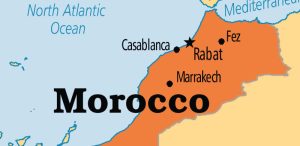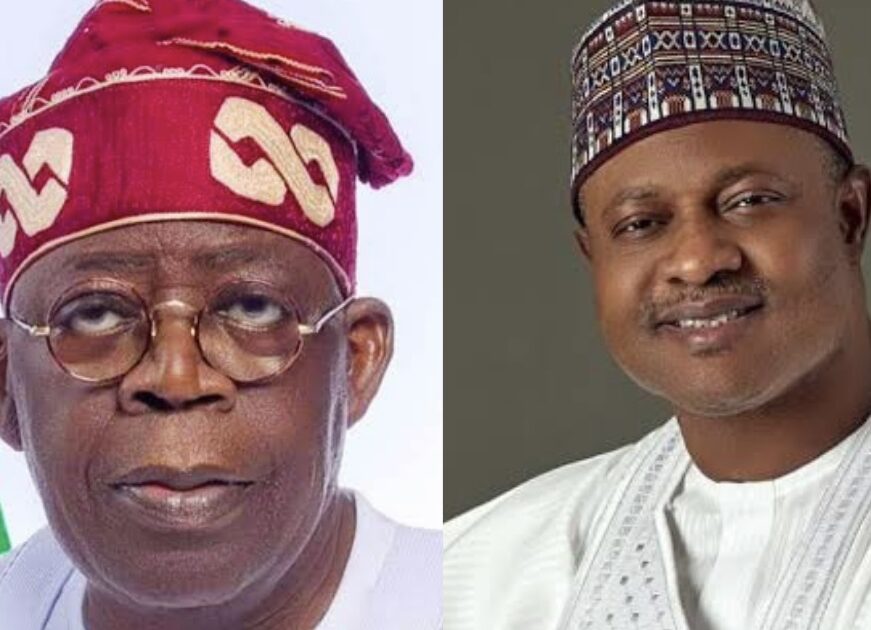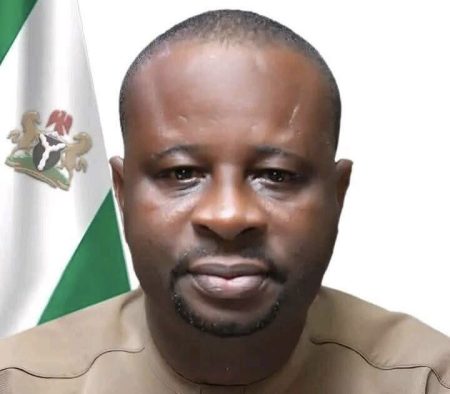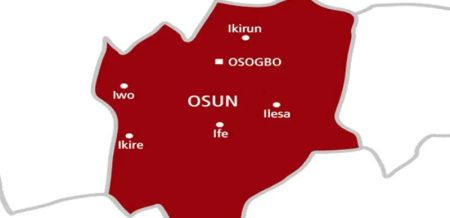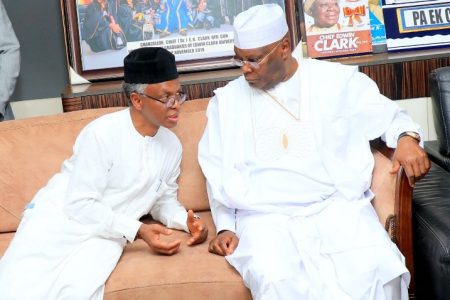Kaduna State Governor, Senator Uba Sani, has dismissed claims of any substantial threat to President Bola Tinubu’s position in the lead-up to the 2027 general elections. Governor Sani, during a television interview, emphasized the President’s resilience and political experience, portraying him as a seasoned veteran unlikely to be swayed by the current wave of opposition. He framed the opposition as primarily composed of “latter-day activists” – individuals who, in his view, lack the historical grounding and strategic understanding to effectively challenge a figure like Tinubu. These individuals, he argued, were absent during the protracted struggles for democracy that shaped Nigeria’s political landscape, and their current approach reveals a naiveté about engaging with a leader of Tinubu’s stature.
Sani highlighted his own extensive background in civil rights activism, contrasting it with the perceived inexperience of the current opposition. He recounted his involvement in the fight for democratic freedoms and good governance, suggesting that many of the individuals now criticizing the government were not present during those crucial periods. This historical context, in Sani’s view, underscores the difference between genuine commitment to democratic ideals and opportunistic critiques. The governor implied that the current opposition lacks a deep understanding of the complexities of political struggle and, therefore, employs ineffective strategies. His assertion is that their premature attacks, rather than undermining Tinubu, only reinforce his position and demonstrate the opposition’s lack of political acumen.
Addressing allegations of the Independent National Electoral Commission (INEC) obstructing the registration of new political parties, Governor Sani again drew upon his history of activism. He recalled challenging INEC in court during the transition period led by Abdulsalam Abubakar, when the initial plan was to register only three political parties. Sani underscored that the motivation behind this legal challenge was not a quest for power, but rather a commitment to expanding the political space and fostering a more inclusive democracy. He cited the eventual victory in the Supreme Court as the catalyst for the existence of parties like the Labour Party, emphasizing that the current opposition’s complaints about registration obstacles ring hollow given his own prior efforts to broaden political participation.
The governor’s argument is that the opposition’s criticisms are rooted in a desire for power rather than a genuine concern for democratic principles. He contrasted this with his own past actions, which he portrays as driven by principle and a commitment to broadening political representation. By drawing this distinction, Sani aims to discredit the opposition’s claims and present them as self-serving rather than rooted in a genuine concern for the country’s political future. He effectively casts the opposition’s current actions as a power grab, lacking the historical depth and ideological underpinnings of his own past struggles for democratic reform.
Furthermore, Governor Sani expressed confidence in President Tinubu’s economic policies, predicting that they will yield positive results before the 2027 elections. He called for continued support for the administration, urging patience and emphasizing that the complexities of economic reform require time to bear fruit. He suggested that the opposition’s impatience reveals a lack of understanding of the intricacies of governance and economic policy. This, coupled with their purported inexperience in navigating political battles, positions them poorly to effectively challenge Tinubu’s administration. Sani’s message is clear: the opposition’s early attacks are misguided and ultimately strengthen Tinubu’s position by exposing their own weaknesses.
In essence, Governor Sani’s interview serves as a robust defense of President Tinubu and a sharp critique of the current opposition. He portrays Tinubu as a seasoned political veteran facing an inexperienced and strategically inept opposition whose criticisms are driven by a thirst for power rather than genuine concern for the nation. Sani buttresses this argument by highlighting his own history of fighting for democratic principles, contrasting his past actions with the perceived opportunism of the current opposition. He ultimately projects confidence in Tinubu’s leadership and predicts the success of his policies, urging patience and continued support for the administration. This, he suggests, is the most effective approach to addressing the nation’s challenges, rather than the premature and misguided attacks launched by the opposition.



